Staying Fit

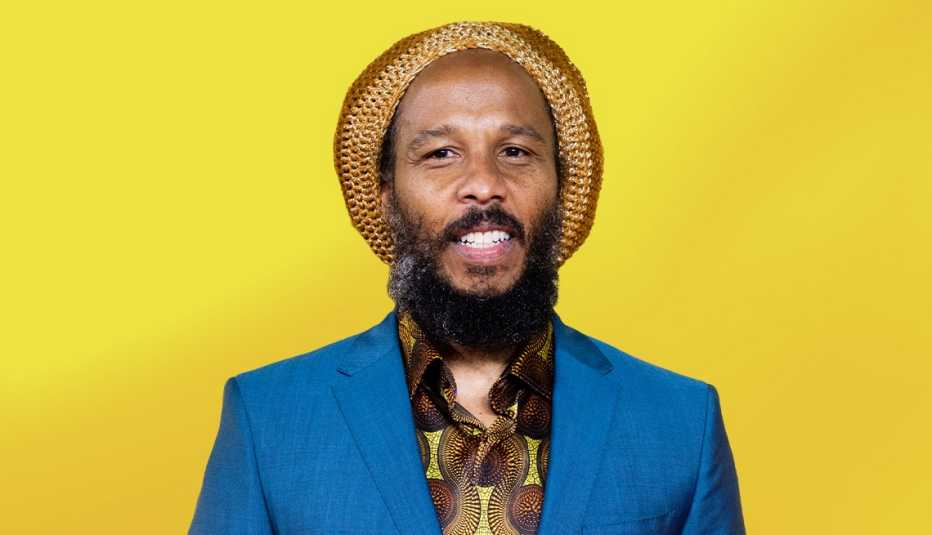
Ziggy Marley, 55, — the eldest son of Jamaican reggae legend Bob Marley, who died of melanoma in 1981 at age 36 — is an eight-time Grammy-winning musician and founder of U.R.G.E. Foundation (Unlimited Resources Giving Enlightenment), a nonprofit dedicated to supporting the health and education of children in Jamaica, Africa and beyond. He’s helping to tell his father’s inspiring life story as a producer of the biopic Bob Marley: One Love, in theaters Feb. 14.
This interview has been edited for length and clarity.


AARP Membership— $12 for your first year when you sign up for Automatic Renewal
Get instant access to members-only products and hundreds of discounts, a free second membership, and a subscription to AARP the Magazine.
What message do you hope to convey through this film?
We want an emotional connection and … [for people] to be inspired by who Bob was. … We want people to take away [the message that] we can start to make some more headway into a more unified planet. This is just another tool in our toolbox to try and spread that message through the world.
Why do you think there’s such an enduring interest in your dad’s life and music?
It speaks to the legacy he left behind. The reason I’m a fan of the music, and that his legacy is so strong, is the type of person he was. Not just as a professional musician but the type of human being he was and how people see him as a human being through the interviews. They perceive him as a friend, a brother, an uncle. He’s one of us.

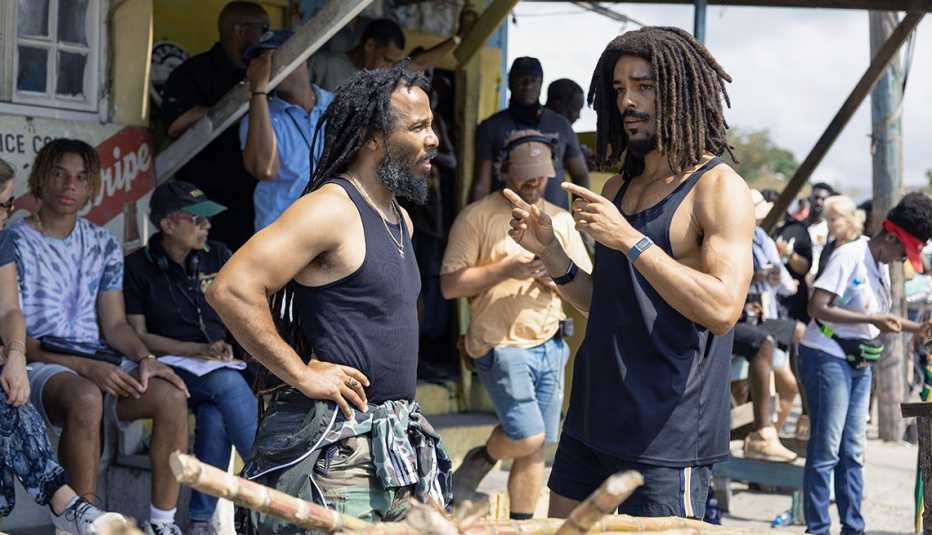
Producing this film was a family affair. What was it like working with your mother [Rita Marley], sister and extended family.
We worked in our own unique way. Not everyone was on set all the time, but we communicated with each other. It was really great. Everyone has a voice in what we’re doing here and getting to the end product, which is such a positive thing.
It’s been reported that your father’s last words to you were “Money can’t buy life.” Is that true?
Well, that is not true, but I’m going to tell you the truth right now. What my father said to me, when he was in the hospital, was, “Come here, young Bob. [I] have a song for you.” And he said, “On your way up, take me up. On your way down, don’t let me down.” That’s the last thing he said to me.
Can you share an early memory of making music? It seems like it’s always been a major part of your life.
One of the earliest memories for me — and the most fun — was when me and my brothers used to put on a concert in our home. We used to write a little concert poster and say, “5 cents to come into the show.” My grand aunt — who lived with us — and some of her friends would pay, and we’d play a show for them. That’s really a fun memory for me.






























































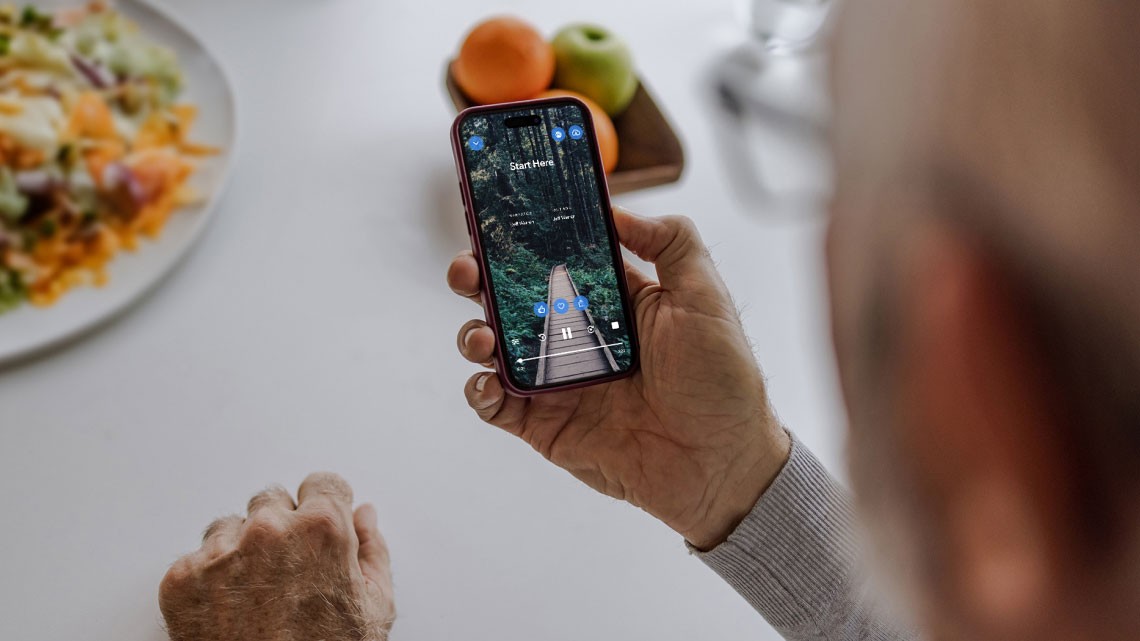
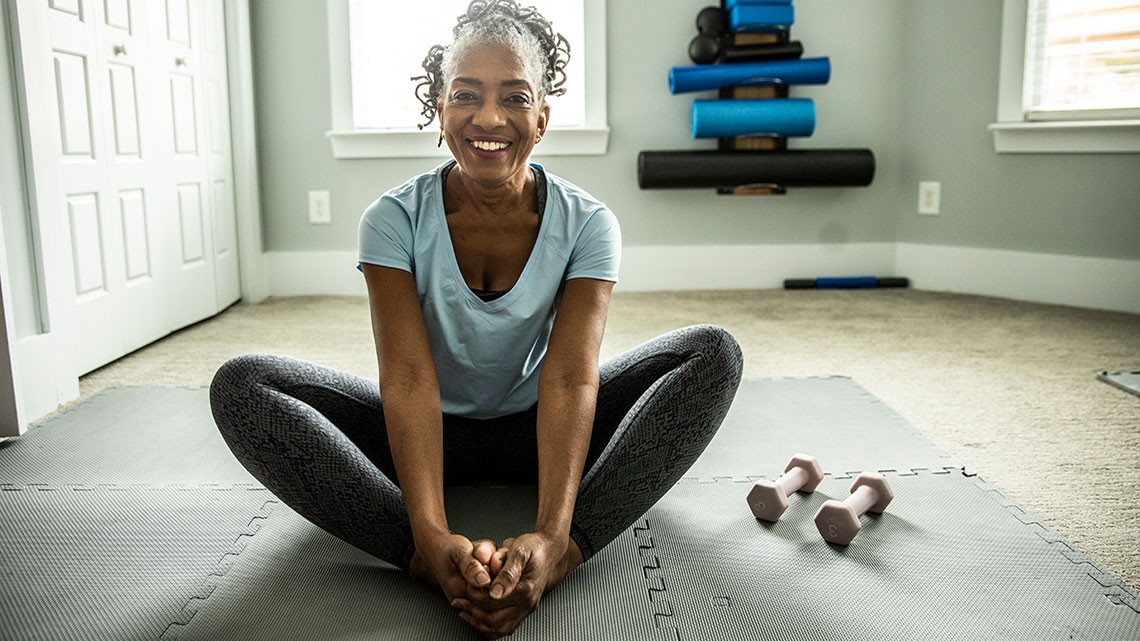
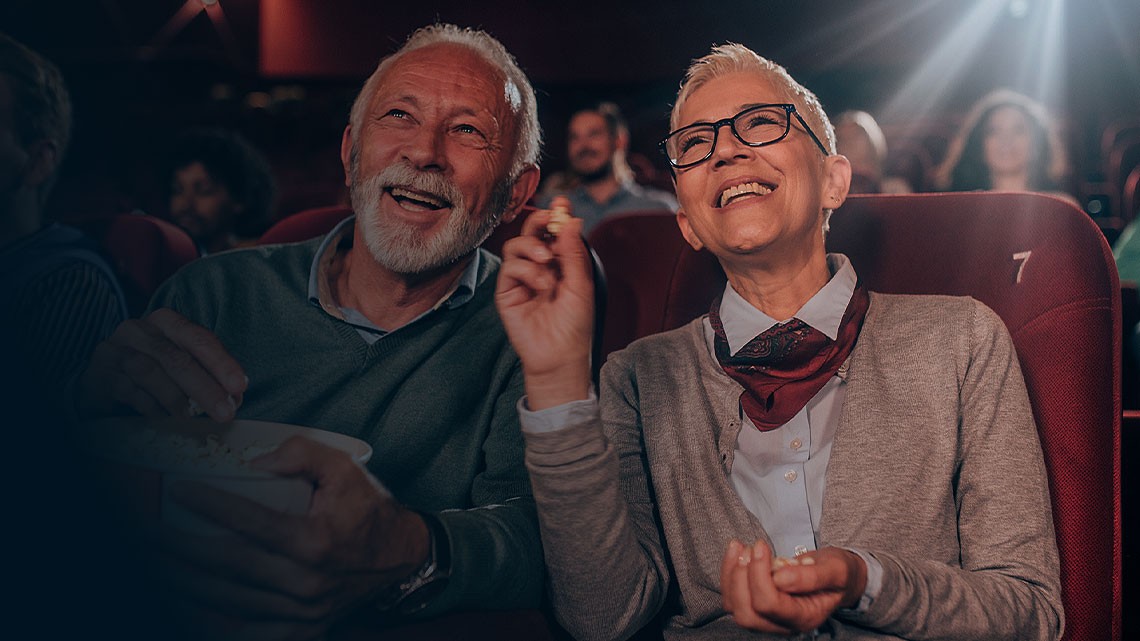

You Might Also Like
Billy Dee Williams
Actor shares why he finally decided to write down his story and which ‘Star Wars’ movie is his favorite
Juliette Binoche
Oscar-winning actress talks new show, the big change she’ll soon face and why you cannot live life being frightened
Jesse L. Martin
Actor shares life lessons, the ‘Law & Order’ star he’d love to work with again, and life advice he got from James Earl Jones
All Quick Questions Interviews
Read exclusive interviews with the biggest names in Hollywood, best-selling authors and more high-profile personalities in our Quick Questions series
Recommended for You